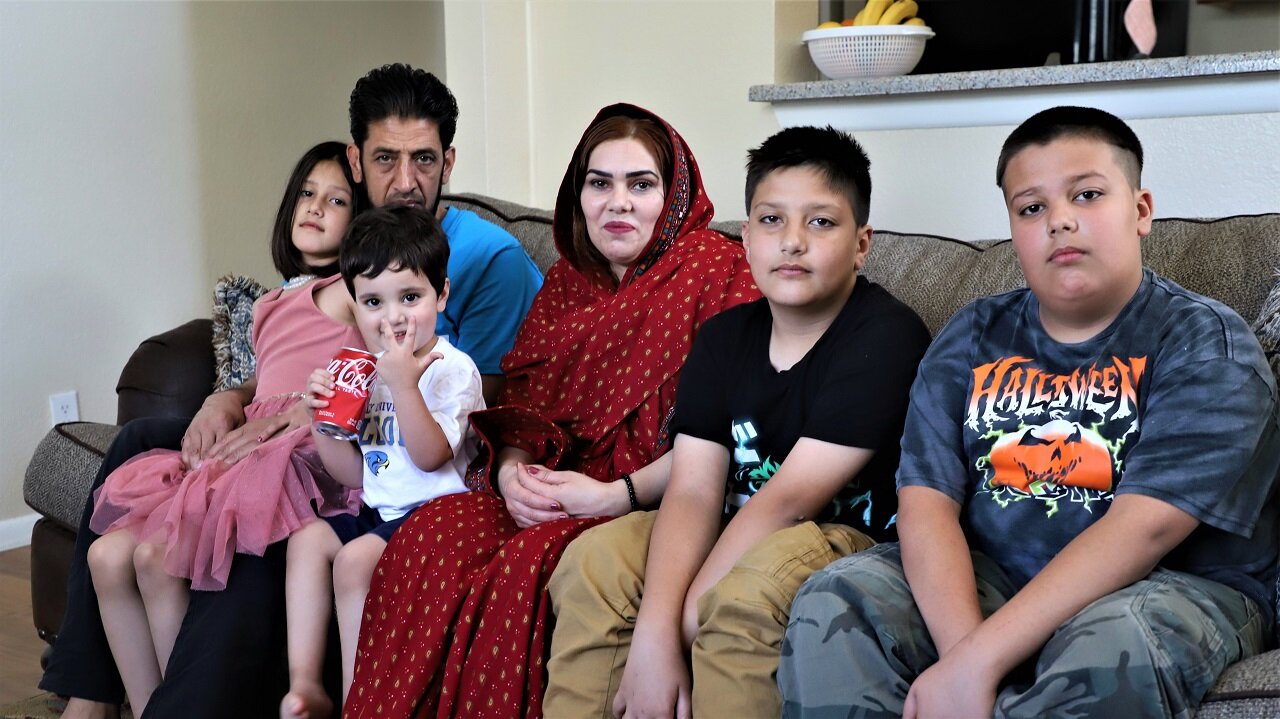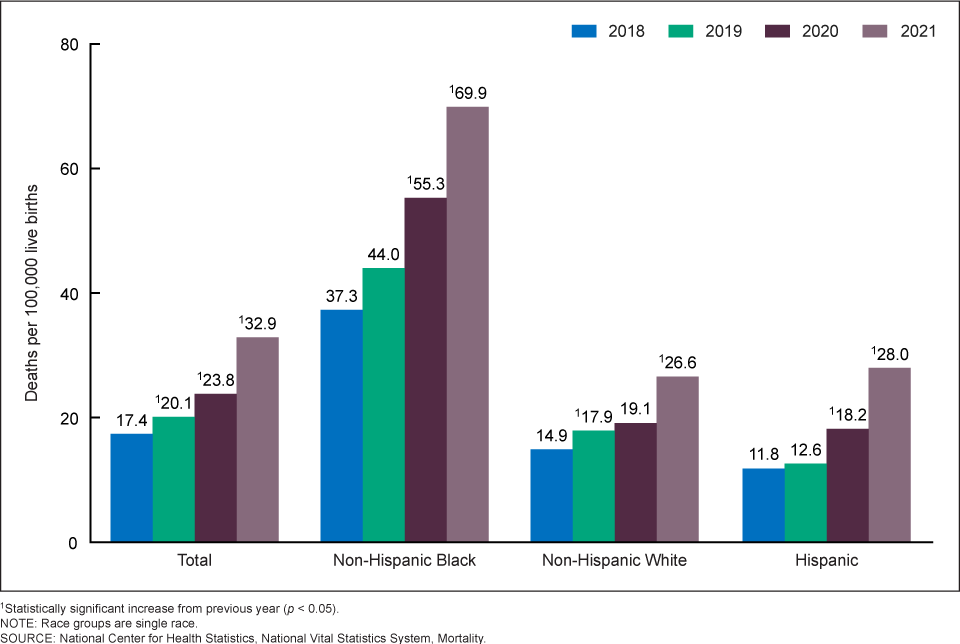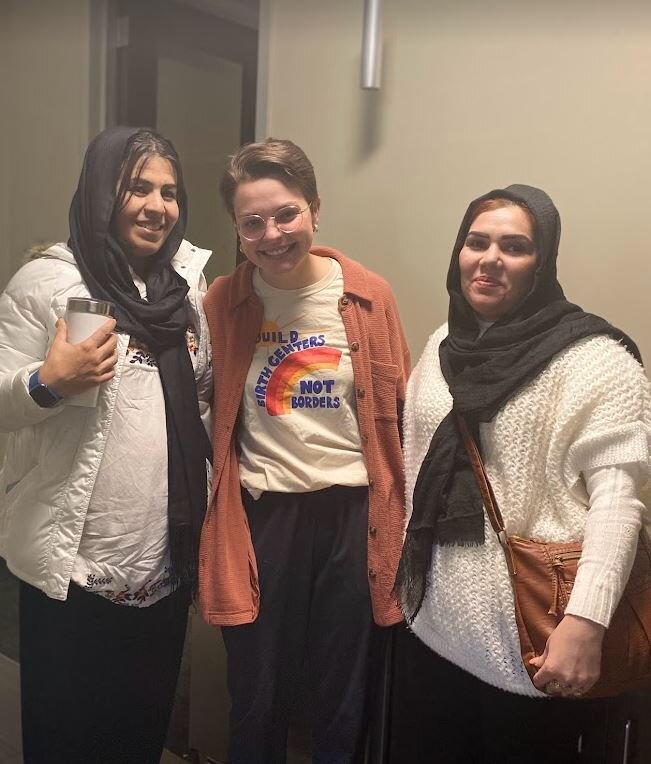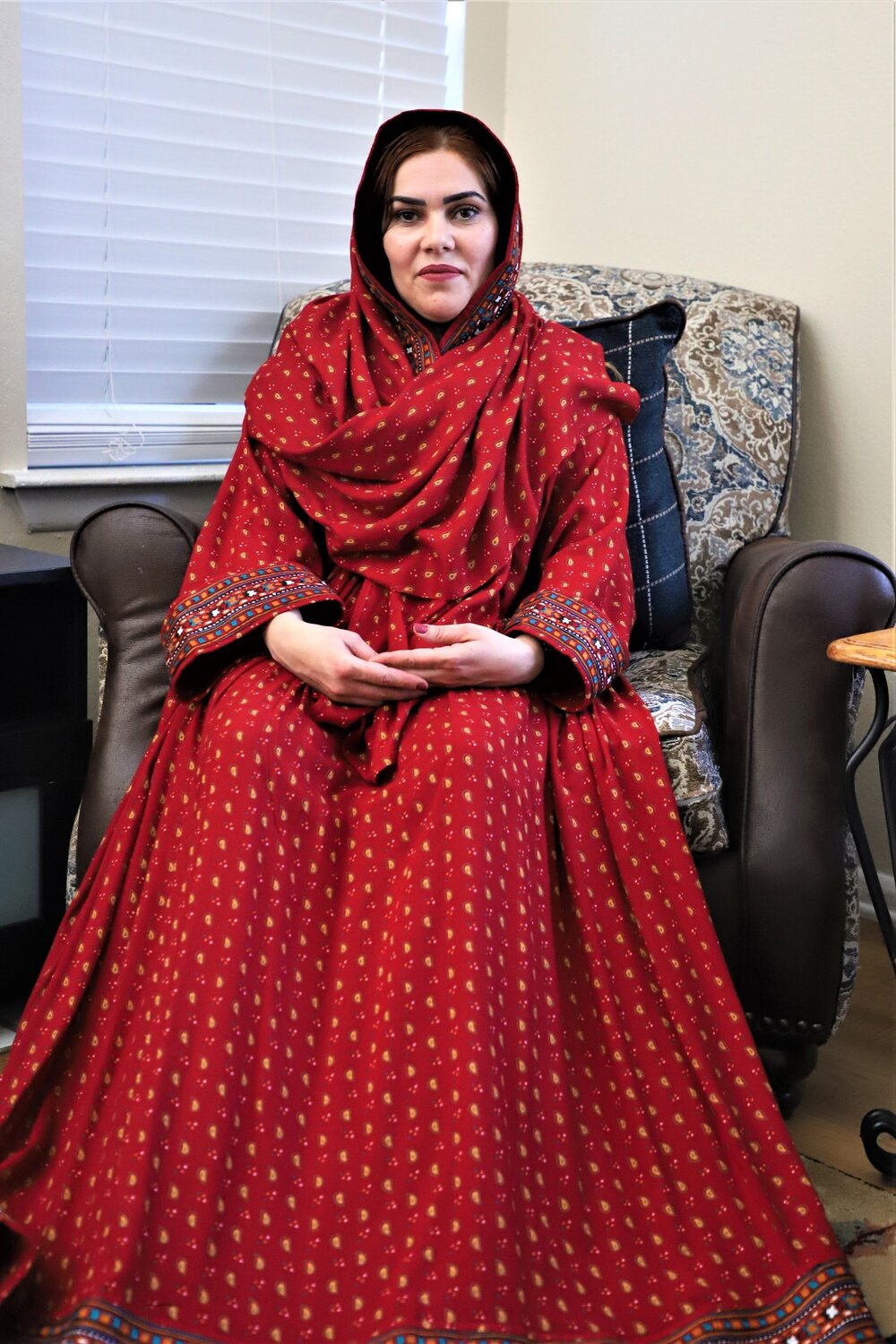Dari-speaking doulas are part of a new wave of birth workers in Colorado

AURORA, Colo. — Marina Kohistani makes every guest who visits her apartment in Aurora feel welcome with a warm smile and plates upon plates of food. Kohistani is a mother of four and an expert in caring for others– something that is evident in her new career as a doula.
“My highlight of my work is when the mother calls me and says ‘I’m ready to give birth, can you escort me to the hospital?’ I really enjoy that part, and I get to be a part of the whole thing,” Kohistani explained with the help of translator Maryam Farhang.
[Related: She was once a refugee. Now she helps others navigate their new lives in the United States]
Kohistani is one of 24 women who participated in a new training program to become a doula. Conducted over four days in January through a partnership with the International Rescue Committee in Denver, or IRC, Elephant Circle and Empowering Communities Globally. The women were taught how to provide mental and emotional support in the birth room.
“Doulas protect that space and let women labor the way we were supposed to labor,” said Whitney Buckendorf, a doula who co-lead the training. She also works for the IRC on housing, leasing and maternal health care.
This work isn’t new for Kohistani. In Afghanistan, she worked as a midwife. Her husband worked for the U.S. Embassy. After the United States removed its forces from the country and the Taliban took control, he applied for Special Immigrant Visas for himself and his family. They fled the country with nothing on August 28, 2021. For Kohistani she couldn’t leave her midwife certificates behind.

Marina Kohistani with her four children in husband in their Aurora home.
“When the Taliban took over, I remember I was holding this very close to me because this was very important for me to bring,” Kohistani said as she held the folder of the certificates close to her chest. “But the rest just stayed.”
After a few months of transitioning to their life in the United States, Kohistani and her family settled in Colorado. Her husband found a job working at a McDonalds at Denver International Airport, and Kohistani longed to continue her career.
While attending a hospitality class through IRC, she spoke with Buckendorf and revealed she was a midwife in Afghanistan and wanted to continue birth work here. That’s when Buckendorf knew Kohistani would be the perfect fit for this new training program.
Buckendorf first started with IRC in 2020 and has always made maternal health a priority. The fully formed idea for this specific training didn’t come until last March when she spoke with another organization that serves the immigrant population — Lutheran Family Services Rocky Mountains.
“I think one of the biggest issues with resettlement is that we all kind of silo ourselves. We don’t work across teams very well,” Buckendorf explained.
Lutheran Family Services was looking to connect some of their clients with doulas and at the same time Empowering Communities Globally noticed a need in prenatal care that wasn’t being met. Buckendorf said immigrants were going to critical doctor’s appointments without translators or other support systems — that's exactly where a doula can step in to help.
“We work for the families, not the hospitals. We’re their advocate,” Buckendorf stated.
Maternal mortality rates increased by 40% from 2020 to 2021, according to a report released by the Centers for Disease Control and Prevention (CDC). The rate for the U.S. in 2021 was 32.9 maternal deaths per 100,000 live births, which is significantly higher than other developed countries including Australia, Japan, Germany, Spain, France, Italy and the United Kingdom, according to data from the World Health Organization and other global organizations.
The CDC also published the data on the U.S. maternal mortality rate based on racial groups which showed Black and Brown mothers are more at risk than white mothers. Specifically, Black maternal mortality rate out of 100,000 live births was just shy of 70%.

The idea is that doulas can help change these statistics, Buckendorf said.
“We are birth professionals, we're experts in birth, we understand its physiological process,” Buckendorf explained. “When hospitals push these interventions that are not necessary and lead to C-section and lead to postpartum depression and lead to mortality, they have an advocate by their side saying, ‘What are the alternatives?’”
The data supports the theory that doulas can make a positive difference. A report published at the end of December 2022 from the Department of Health and Human Services, concluded that doulas are an effective best practice for birth.
“That's why Colorado is starting to consider having Medicaid compensate doulas because there's an exorbitant amount of research that shows doulas drive that rate down,” explained Buckendorf, “especially when doulas look like the mothers they're serving, which was why is really important for our refugees to be doulas for other refugees.”

Pictured from left to right Wazhma Karimi, Whitney Buckendorf and Marina Kohistani. Photo courtesy of Whitney Buckendorf.
This is something that one of Marina Kohistani’s six clients pointed out as a significant impact on her birth earlier this spring.
“I greatly appreciate the help that Marina has done for me,” Wazhma Karimi said through translator Maryam Farhang. “She has a total knowledge of everything, maybe she doesn’t know the language but she was comforting me, she was very present for me, and all that. She helped me a lot through the process.”
Karimi is also from Afghanistan and evacuated in August 2021. Like Kohistani, she was a birth worker previously and took the doula training class.
“When you are pregnant, if you can find someone with your own language, that you can just talk to someone, it just gives you some kind of comfort,” Karimi explained.
Getting immigrant birth workers the training needed to become a doula comes with one big challenge — the language barrier. That’s why in this first training module, real-time interpreters were offered in Dari and Arabic for the four days. The plan is to offer more training in other languages to focus on other immigrant and refugee populations in Colorado like those from Southeast Asia or Central Africa.
Related Stories
The language barrier is also why Buckendorf and other advocates do not want Colorado to require certification to become a doula. (The state does not currently require certification.)
“While they do have to regulate it to some degree of who's claiming to be a doula who's coming in the hospitals, certification and testing is very difficult to be translated. It's why Marina can't be a midwife right now because of the language barrier,” said Buckendorf.
That’s Kohistani’s dream — to go back to being a midwife here in the United States. As much as she has loved the doula work so far, it also presents more barriers including transportation to home visits as opposed to working in a hospital. Also, as a doula, you’re restricted from giving specific medical care, something Kohistani really wants to be able to do again. She may get her wish.
Buckendorf said advocates are pushing for a Colorado bill in the next legislative session to make midwifery one of the accessible educations. This would mean if someone has a midwife certificate from another country, they only need supplemental education to get certification in the state.
There is also a push from advocates to get funding to pay doulas for their work with mothers who are on Medicaid. Right now, the 24 mothers who did the training through IRC are receiving payment from Elephant Circle if mom is using Medicaid.
“Since it would be the first time the state has ever compensated or recognized doulas in that way, that training should suffice because we do believe doulas are an emotional, physical and mental support for pregnant women,” Buckendorf said.

The hope is to continue to grow and expand this training. As Buckendorf explained to Rocky Mountain PBS, the need is apparent. She said some people were hoping to join the training the day of and there are midwifery groups that are now referring clients to these newly trained doulas.
Kohistani has no shortage of clients herself. She is working with six more mothers who are preparing to give birth in the coming months. All 12 are from Afghanistan, and she said they really appreciate having someone like her be by their side.
“The moms are very happy to have a baby and you’re pregnant and to talk to someone from the same culture, the same background, the same language. They can talk to me freely without any judgment because we have the same background,” said Kohistani.
While she waits for that next call, Kohistani will continue to do her work and cherish it along with every mother and child she has helped.
“When the mom is all together after the birth and you give the baby to the mother and the whole thing is just … the happiness you see … it’s just amazing.”
Amanda Horvath is the managing producer at Rocky Mountain PBS. You can reach her at amandahorvath@rmpbs.org